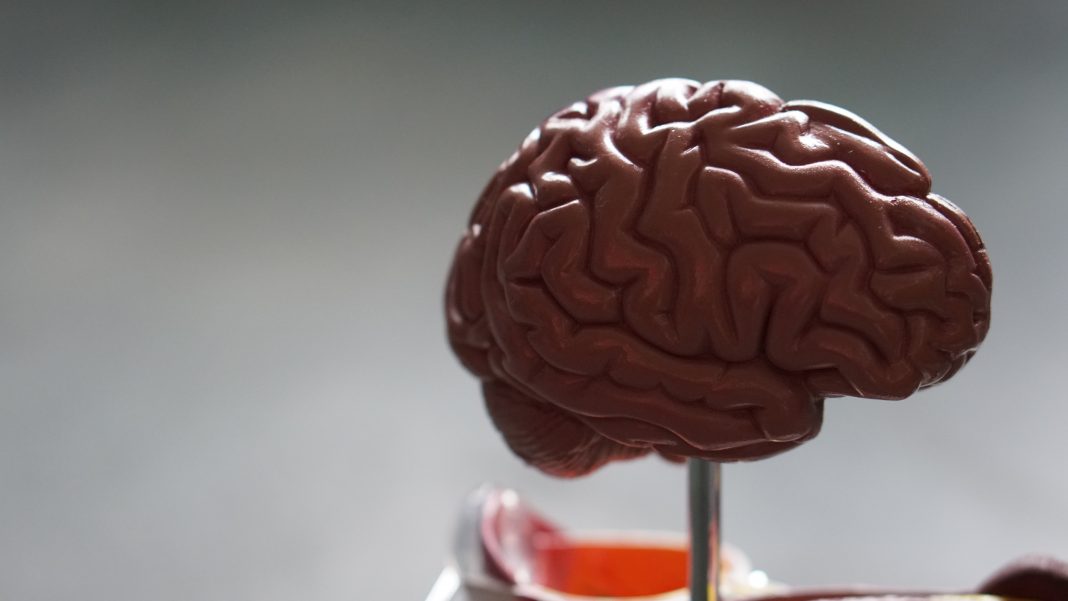SAN FRANCISCO—On Wednesday, May 27, University of California, San Francisco (UCSF) Professor David Julius, Ph.D., was one of two scientists to receive the international 2020 Kavli Prize in neuroscience.
The Kavli Prize is jointly granted by the Norwegian Academy of Science and Letters, the Norwegian Ministry of Education and Research, and the Kavli Foundation. The award is given to those who have achieved scientific breakthroughs in astrophysics, nanoscience, and neuroscience.
The prize is awarded every two years and since its beginning in 2008, 47 scientists from eleven different countries have been recognized. The prize includes $1 million and a ceremony in Oslo, Norway attended by the Norwegian Royal Family, which has been postponed to 2022 due to COVID-19.
In her speech at the virtual announcement ceremony of the Kavli laureates, University of Oslo psychology professor Kristine Walhovd, Ph.D., commented, “The research of David Julius, both literally and figuratively speaking, is hot.”
Julius, who is a professor and chair of the physiology department at UCSF’s School of Medicine, was recognized for his investigation of the molecular and neural foundations of human touch and pain.
Julius had been initially looking into how humans experience temperature.
Yifan Cheng, Ph.D., who is a professor of Biochemistry and Biophysics at UCSF’s School of Medicine, has worked with Julius on studies of temperature sensations since 2009. In 2013, the two made a breakthrough by identifying the atomic structure of a newly discovered biological temperature receptor called TRPV1.
Cheng told the San Francisco News, “Working with David brought me, a biophysicist and structural biologist, to the world of physiology, and to making connections between atomic level details of a biological molecule with the physiological role it plays.”
On a personal level, Cheng said, “David is a wonderful mentor to young trainees, and an inspiring scientist to his collaborators and colleagues.”
By exploring the neural reasons of how humans experience temperature, Julius’s research dovetailed into the subject matter of pain.
Julius explained his current research to the San Francisco News: “My group is working to identify molecules and nerve cells that contribute to pain sensation, including acute pain that is protective, as well as chronic pain resulting from injury.”
His work has contributed to the ongoing development of non-addictive painkillers.
Julius splits the award with Ardem Patapoutian, Ph.D., a professor in the neuroscience department at the Scripps Research Institute.
When Julius received the call from the President of the Norwegian Academy of Science and Letters to tell him that he had won, he admitted to the San Francisco News, “it took a while for the news to sink in.”
“This is not only a great honor for me,” he continued, “But one that also recognizes the many fantastic students, fellows, and collaborators who have worked with me over the years to make the discoveries that led to this prize.”
Julius’s future research will continue to investigate how people experience pain on cellular and molecular levels in order to understand where certain types of chronic pain come from and how they can be better controlled.
As Julius put it, “Chronic pain remains a largely unmet medical need (as highlighted in this country by the opioid epidemic) and it is only through basic, curiosity driven research that we will find new mechanism-based solutions to this pressing problem.”






